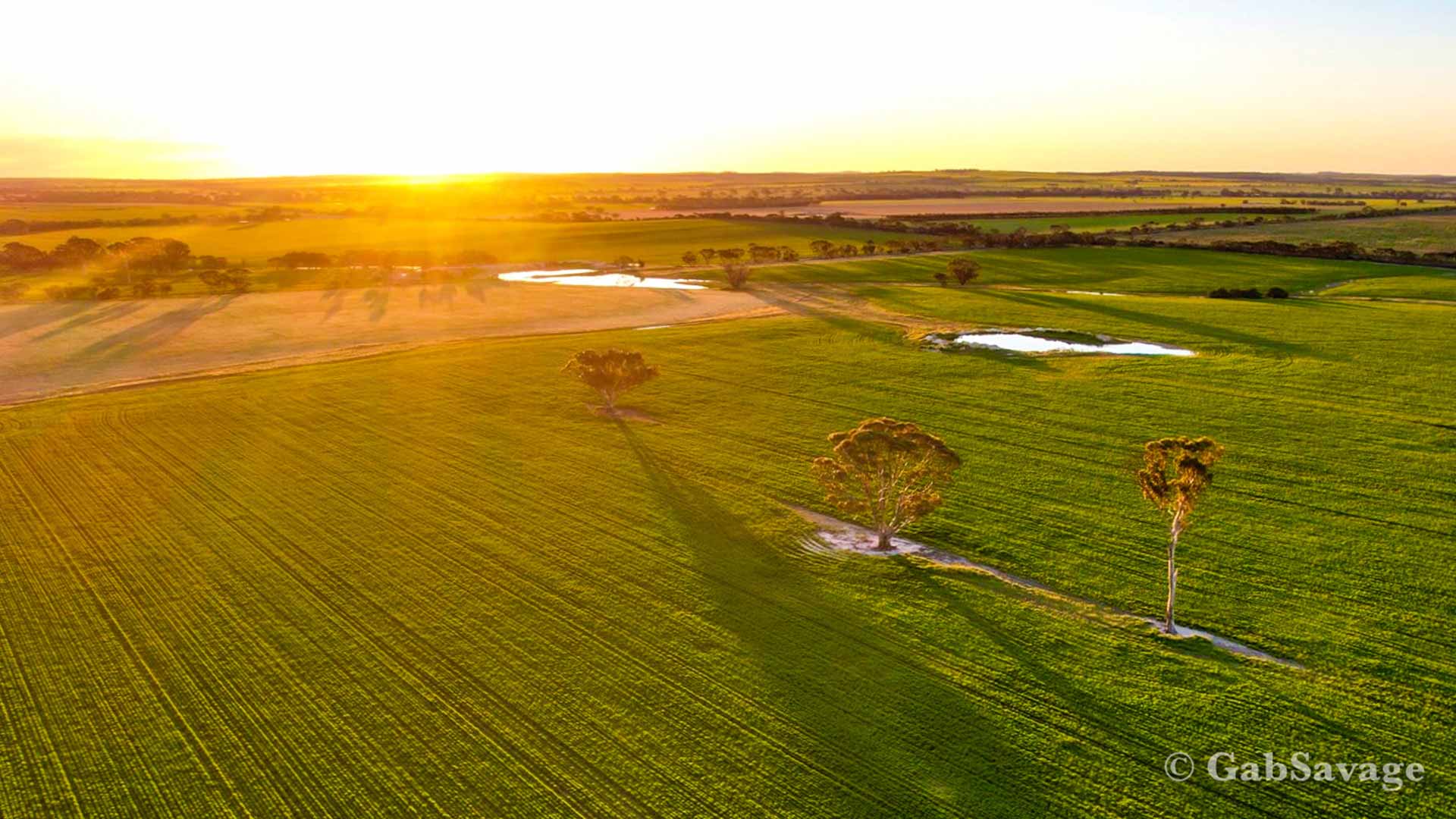
Brendon completed a Bachelor of Business Degree at Muresk College before his return to the farm in 1992.
By 2004 Brendon was looking for ways to improve the soil including stopping the decline in soil pH and soil organic carbon.
Tolga farm has long taken a Hybrid approach to its farming model. The use of both conventional and biological farming to produce a long-term sustainable model.
Tolga farm is focused on
- Improving Labile Carbon for it’s benefit in rotation
- Improving Organic carbon content for its ability to store soil moisture
- Recycling of nutrition using species such as tillage radish
- Improving soil pH at depth so that we can produce a crop more cheaply with fewer emissions
The Farm has invested considerably in renovating pastures using predominantly Tillage Radish and Sub clover since 2018, this has been essential as part of the long-term business model adoption of a long, soft, rotation. Hence reducing reliance on high rates of synthetic fertilisers and pesticides.
Most cereal crops in the district are grown with 30 – 60 units of applied Nitrogen. Tolga with a soft rotation and careful use of soil ameliorants has enabled itself to grow sustainable crop yields with sub-7 units of applied Nitrogen. To put this in perspective if a farmer used 70 units of applied N and Tolga continued its current rotation it would take approximately 25 years to use the same applied Nitrogen.
Emission reductions have been audited by Richard Brake consulting and are very considerable. The report is attached in the Articles Tab.
“Tolga Farm” has been farmed under the guidance of Aust. Soil Planners since 2004.
“Tolga Farm” became “certified sustainable TM” for the first time in 2020 after having been farming very close to this farming system for the previous 10 years.
Tolga Farm is working with end-users to supply certified sustainable TM products with low emissions.

